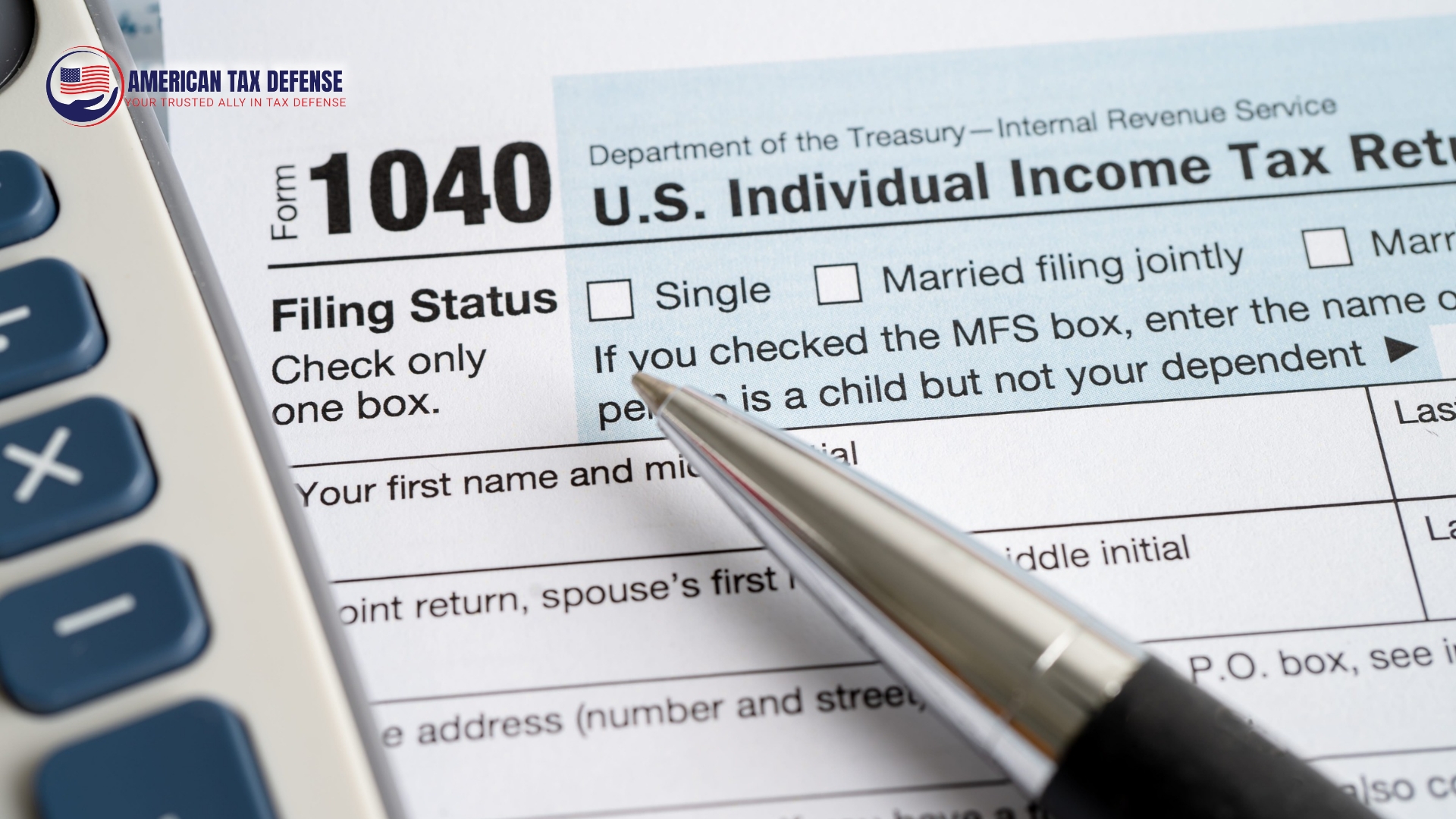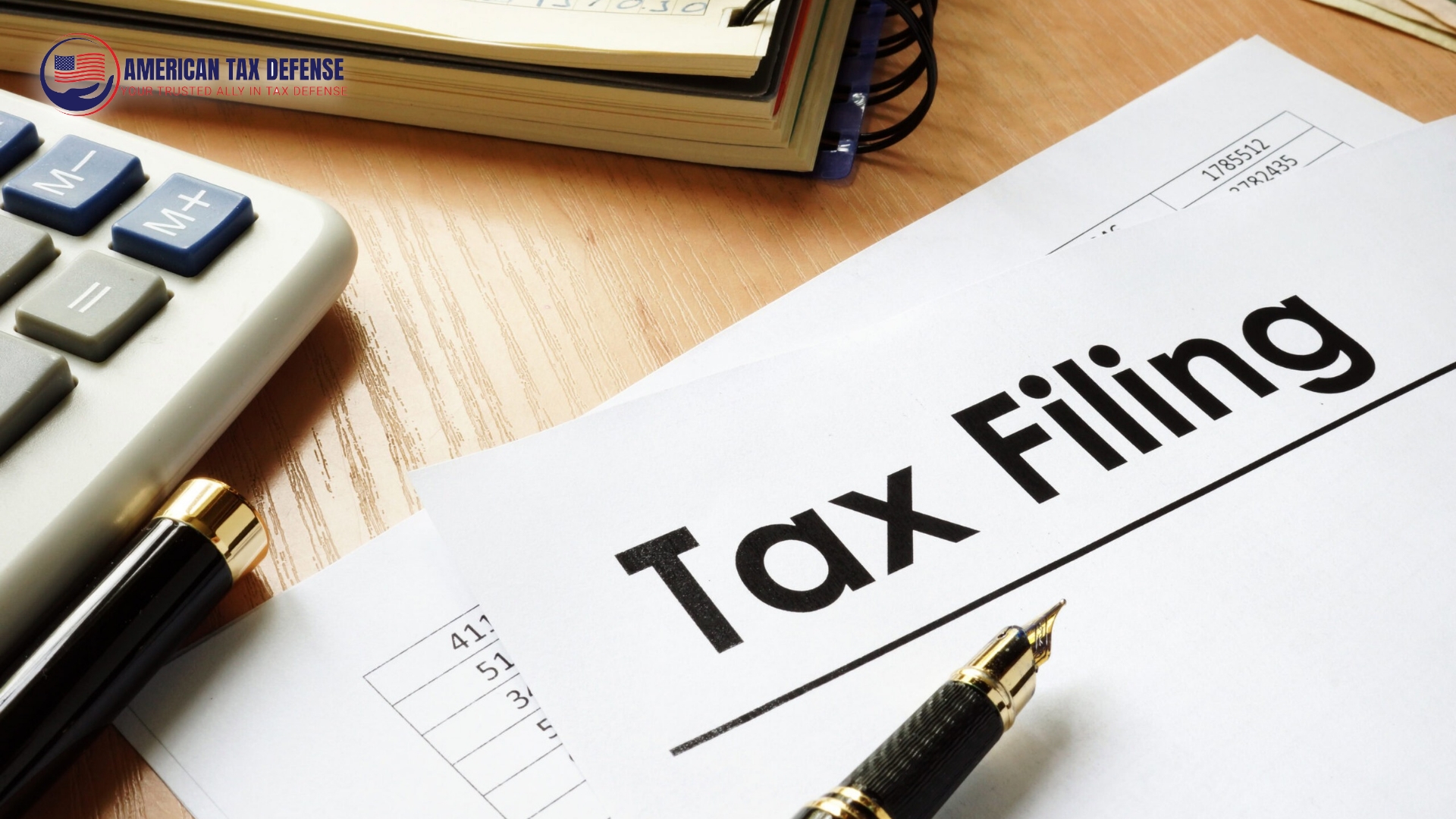Organizing your taxes can seem intimidating, notably if you have never filed them in the United States. Still, knowing the fundamental phases required will enable you to move through the procedure with ease. In this blog, we will discuss all the aspects of how to File Taxes in the USA.
Definition of Tax Filing
In the United States, people pay taxes to the federal government and occasionally to state and municipal governments. Filing taxes is turning in the required documentation to show income, deductions, and credits, thereby ascertaining your tax due or potential refund entitlement. To understand how tax consultants can help with tax filing, read more about what tax consultants do.
Who Should Not File Taxes?
Most Americans who make money must file a tax return. But whether you have to file relies on several elements, including:
- Your income: The IRS sets income levels for tax filing. You might not have to file if your income falls below a particular level.
- Your filing status: Your filing status affects your tax rate and describes your marital, head-of-household, or single status.
- Age: You can have more income criteria if you are 65 or above.
- Additional elements: Special conditions, including self-employment income or credit application requirements, can call for filing.
You might want to file even if you aren’t obliged since you could be qualified for a refund. If you’re a consultant or freelancer, you can read how consultants pay taxes for further insights.
Step-by-Step Guide for Tax Filing
Let’s explore the step-by-step guide to follow a simple tax filing procedure:
1. Get Your Files Together
How to File Taxes in the USA. First comes collecting all your documents. Get all the paperwork required for your income and expenses before you begin. This will enable you to avoid missing any credits or deductions and help smooth the procedure. The most often needed papers are listed here:
- If you work, this form reveals your income and the taxes deducted.
- If you are self-employed or have any income—such as freelance employment, investment money, etc.—you will get a 1099.
- Notes and Documents for Deductions: These could include student loan interest, mortgage interest, receipts for charitable contributions, or medical bills.
- SSN is the social security number: You’ll want this for your spouse, yourself, and any dependents.
2. Sort Your Files Using Your Method
You may file your taxes in several ways. The most often occurring choices are listed here:
- The fastest and most straightforward way to file taxes is online or e-filing. Since e-filing is safe and faster and lets you obtain your refund sooner, the IRS advises doing so.
- Several websites and applications, including TaxSlayer, H&R Block, and TurboTax, make online tax filing possible. Many of these firms provide free filing for straightforward returns.
- If you want to pay your taxes conventionally, download the necessary forms from the IRS website and mail them. This alternative usually takes more time to process.
3. Choose Your File Classification
Your filing status controls your eligibility for some deductions and tax rates. Five filing statuses are available:
- Single: For those who neither qualify for another status nor are married.
- Married Filing Jointly: Should you be married and file with your partner, you could benefit from specific tax savings.
- Married Filing Separately: Should you file separately from your marriage, each individual holds personal tax liability.
- Head of Household: This is for single persons living in their residence with a dependent, such as a child.
- Qualifying Widow(er) with dependant Child: This speaks to your husband’s death two years ago and your dependant child.
4. Finish Your Income Tax File
The form you must complete will depend on your situation. Form 1040 is the most widely used tax form, generally utilized by individual taxpayers. If your tax circumstances are more straightforward, you could utilize a shorter form called 1040EZ, which, although scarcely used today, played a role in tax filing.
The form asks that you report:
- Revenue: This includes self-employment revenue, interest, dividends, and other sources.
- Deductions: These cut your taxable income. Either list your deductions for state taxes paid, medical bills, and mortgage interest or apply the standard deduction, a set figure based on your filing level.
- Tax credits: These directly cut your tax obligation. Common credits for educational expenses include the American Opportunity Credit, Earned Income Tax Credit (EITC), and the Child Tax Credit.
To understand how much the average American pays in taxes, check this blog.
5. Review credits and deductions
Deductions reduce your taxable income; credits reduce the taxes you owe. These could consist of:
- Consumers choose whether to accept the standard deduction or itemize their deductions at the IRS. If your deductions are more critical, itemizing could help you save money, but the standard deduction is usually more straightforward.
- Tax credits immediately reduce your tax obligation, unlike deductions, which reduce your taxable income. All you have to pay if you qualify for a $500 credit and owe $1,000 in taxes is $500.
6. Go over your return
Review your tax return closely to guarantee accuracy before turning it in. Consult for:
- Personal information: name, SSN, address; accuracy
- Correct income reporting—ensure you have all 1099s and W-2s.
- Correct credit computations and deduction
7. Send in your tax return
Once you have completed and checked over your form, it’s time to turn it in. If you e-file, the program will walk you through the submission procedure. Ensure you have included the required papers and forwarded a paper return to the proper IRS address if you are mailing one.
8. Pay Your Taxes or Get Your Refunds
Should you owe taxes, you must pay by the filing date—usually April 15. You could pay via:
- Straight debit from your bank account.
- Credit card (despite possible extra charges).
- Mailing the IRS a check or money order.
If you’re dealing with tax debt and need legal help, you may want to check out tax debt bankruptcy solutions.
Last Words
How to File Taxes in the USA is a big question because filing taxes can appear daunting. However, it becomes much simpler if one divides it into doable steps. Keep your records, decide on your filing system, complete your form, and be sure you review everything before turning it in. Also, keep in mind that, should you so require it, you may always consult a tax professional.
Though it’s a chore, tax filing can be handled confidently with some preparation and the correct tools!
Why Choose American Tax Defense as your Tax Consultant?
Reputable American Tax Defense guides people and companies through challenging tax problems. Whether your situation involves an audit, handling tax debt, or confusion about filing needs, they provide professional advice to guarantee compliance while minimizing financial stress.
Their team—including registered agents and tax lawyers—offers customized solutions that fit your specific situation. With years of expertise, they provide honest communication, innovative strategies, and a commitment to protecting your rights.
For situations requiring legal expertise, learn when you need a tax attorney.
By choosing American Tax Defense, you get a trusted partner dedicated to resolving your tax-related issues effectively.



